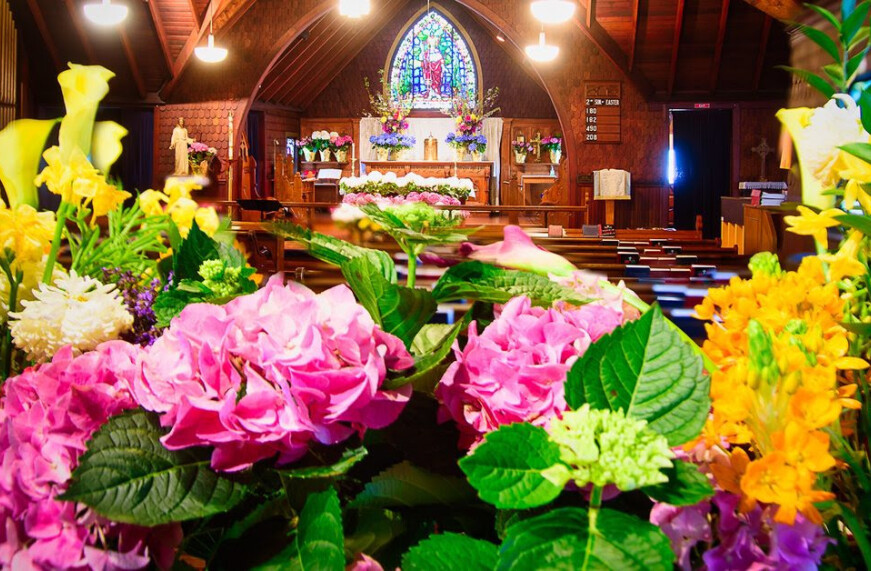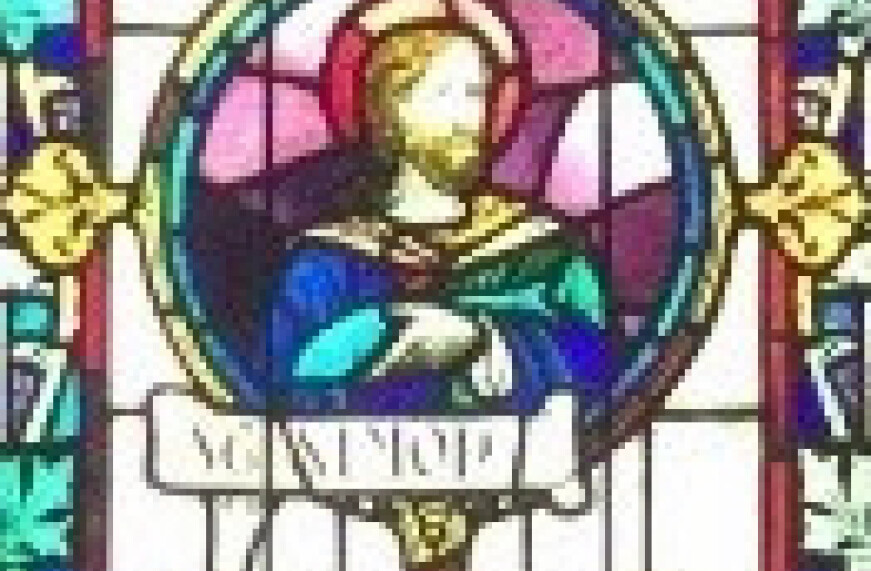Preparing for Easter
Easter Egg Dying on Palm Sunday
We will be dying eggs after the service on Palm Sunday.
Candy for the Egg Hunts
This year will have Egg Hunts following the 8am and 10am services. We need donations of individually wrapped bite size pieces of candy AND volunteers to stuff the plastic eggs. Please drop donations in the back of the church
Parish Clean Up Day
Saturday, March 30th 10am – 1pm
Join us as we ready the church and grounds for Easter morning. Please email the Mothers.
Eastertide
Origami Doves
Saturdays April 6, May 4, 10-12noon and Sundays, April 21 & 28 after the 10am
This Eastertide, we will be making 500 origami doves that will grace the sanctuary for Pentecost. We need at least 20 people who are willing to make 20 doves each! Please let us know if you are able to make doves. You can show up on Saturday, April 6 and May 4 during crafting 10-12, or after church on April 21 & 28 to make your doves.
50 Days of Mark
This church year, most of our Gospel readings are from the Gospel of Mark. We rarely get to hear or read together a Gospel in its entirety. This Eastertide we will read the 50 Days of Mark, a day by day breakdown of the Gospel with a reflection. We will have both an online and in person weekly meeting to discuss the Gospel. Interested in spending the 50 days of Easter reading Mark in 50 days? Sign up in the back of the church or Email the Mothers. Cost per book is $15 (we already have ordered them!)
Baptism Class Next Baptism Date: The Feast of Pentecost May 19th
If you are interested in baptism for yourself or a family member, our next schedule baptism date is on the Feast of Pentecost, May 19th. Please email or speak to the Mothers. Baptism class will take place during Eastertide.
Sound Healing
Sunday, April 28th @ 6pm
Join us this Eastertide for a very special offering with Molly Watman, co-owner of Brooklyn Herborium and trained sound healer. Sound Healing is branch of the meditative therapeutic arts meant to deepen experience, manifest creation, explore the mind, transform consciousness, and invoke healing. Similar to radio waves which can be heard but not seen, when it comes to energy, most of us can’t see it, but that doesn’t mean it isn’t working. Come experience relaxation, physical healing, emotional clearing and spiritual connection through the vibration of sound coupled with coherence and intention from you and your practitioner! Please sign up in the back of the church.Donation $20.
Grown Up Game Night
Sunday, May 5th 5pm – 7pm
Games aren’t just for kids – in fact this night, they aren’t for kids! Mark your calendars for our grown-up game night this May. More details to follow. If you are interested in helping to organize or have a game to suggest, please contact Peter Saghir.
Career Discernment Group
Are you thinking about making a career change or in the midst of a job change? We will offer a multi-week career discernment group starting in Eastertide. The group is meant to offer space to explore where God may be calling you in in your career (it is not mean to be a job seeking and networking group). If you are interested, please email Mother Kimberlee.



